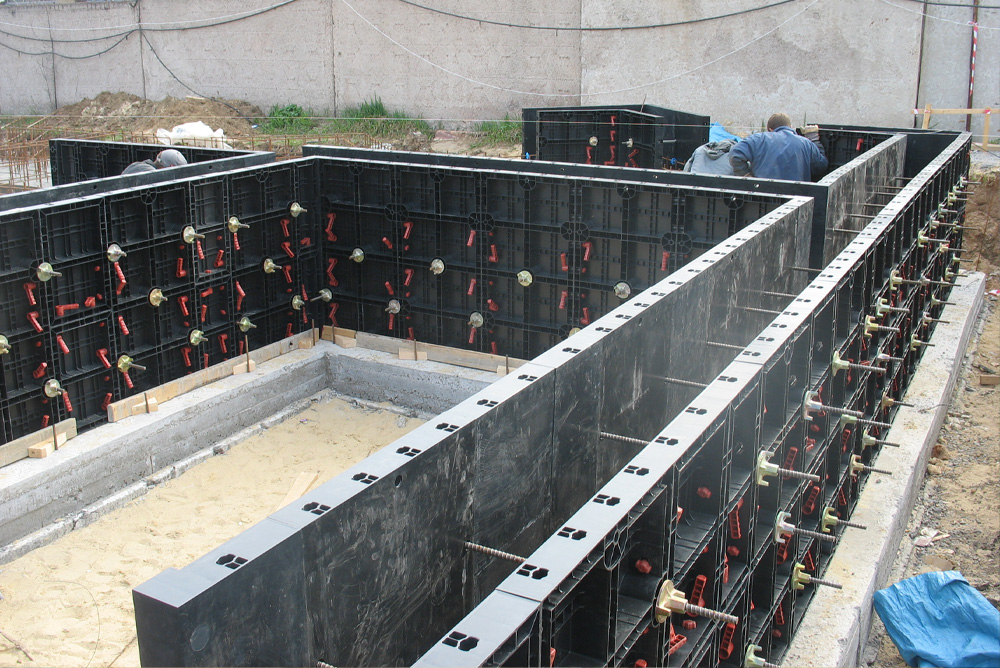In the construction industry, efficiency and speed are critical to meeting project deadlines and reducing costs. Modular formworks have revolutionized the building process by offering innovative solutions to common challenges in formwork design and usage. These systems, known for their flexibility and reusability, provide a streamlined approach that significantly boosts the pace of construction projects. This article explores how modular formworks enhance construction speed while maintaining high-quality results.
What Are Modular Formworks?
Modular formworks are pre-engineered systems designed to mold concrete structures into the desired shapes. Unlike traditional timber or plywood forms, these formworks are typically made from durable materials like steel, aluminum, or high-strength plastic. They are available in a variety of standardized sizes and configurations, allowing for quick assembly and disassembly.
Key features of modular formworks include:
- Reusability: High durability allows them to be reused multiple times.
- Precision: Pre-designed modules ensure consistent and accurate shapes.
- Ease of Handling: Lightweight materials make transportation and installation easier.
Factors Influencing Construction Speed
1. Quick Assembly and Disassembly
Modular formworks are engineered for rapid setup and breakdown. Their pre-fabricated nature eliminates the need for on-site cutting or modifications, saving valuable time. Workers can assemble the formwork with minimal tools, further reducing labor hours.
2. Standardized Components
Standardization ensures compatibility across different sections of a project. Workers do not have to custom-build or adjust parts, as the modules are designed to fit seamlessly. This reduces downtime and ensures the workflow remains uninterrupted.
3. Lightweight and Transportable
Modern modular formworks are often constructed from lightweight materials, making them easier to transport across the construction site. This agility reduces the time required for handling and positioning.
Enhanced Productivity
Reduced Labor Requirements
Traditional formwork methods demand skilled carpentry and significant labor hours for cutting, shaping, and assembling forms. Modular systems, however, simplify these processes. Pre-fabricated units can be assembled by less experienced workers, reducing dependency on specialized labor.
Faster Curing Times
Some modular formwork systems are designed to facilitate better ventilation and heat management, leading to faster concrete curing times. With quicker curing, subsequent construction stages can commence sooner, accelerating the overall timeline.
Simultaneous Operations
Modular formworks allow multiple work fronts to operate simultaneously. While one team focuses on pouring concrete, another can prepare the next section of formwork, ensuring a continuous workflow.
Safety and Efficiency
Reduced On-Site Risks
Modular formworks come with built-in safety features like locking mechanisms and stable support structures. These reduce the risk of accidents, which could otherwise cause project delays.
Minimized Material Waste
Traditional formworks often result in significant material waste due to cutting and fitting. Modular systems are reusable and generate minimal waste, streamlining site operations and reducing the time spent managing waste disposal.
Case Studies and Real-Life Applications
High-Rise Buildings
In high-rise construction, modular formworks have proven indispensable. Their ability to be assembled and disassembled in a repetitive cycle suits the needs of projects with multiple identical floors. For example, in a recent skyscraper project in Dubai, modular formworks reduced floor completion time by 20%.
Infrastructure Projects
For bridges and tunnels, modular systems simplify the creation of curved and complex shapes. In one highway bridge project, the use of modular formworks shortened the timeline by 25%, thanks to quick adaptability and precision.
Economic Advantages of Speed
Cost Savings
Accelerated construction timelines directly correlate with reduced labor and operational costs. Additionally, finishing projects faster allows contractors to take on more projects within the same timeframe.
Faster ROI
For developers, completing a project earlier means properties can be sold or rented sooner, resulting in faster returns on investment.
Challenges and Solutions
While modular formworks offer numerous advantages, they are not without challenges. Initial costs and training requirements can be barriers. However, these challenges are mitigated by long-term benefits:
- Cost Amortization: Repeated use of the system reduces the per-project cost over time.
- Training Programs: Many manufacturers offer training for construction teams, ensuring smooth adoption.
Future Trends
Modular formworks are continuously evolving with advancements in materials and technology. Upcoming trends include:
- Smart Formworks: Integration of sensors to monitor concrete curing and structural integrity.
- Sustainable Materials: Development of eco-friendly modular systems to align with green construction practices.
- Customizable Designs: Enhanced flexibility for bespoke architectural projects.
Conclusion
Modular formworks are transforming the construction landscape by significantly increasing project speed without compromising quality or safety. Their ability to streamline workflows, reduce labor requirements, and enhance productivity makes them an invaluable tool for modern construction. As technology advances, the role of modular formworks in achieving faster, more efficient construction will only grow, making them a cornerstone of future building practices.




